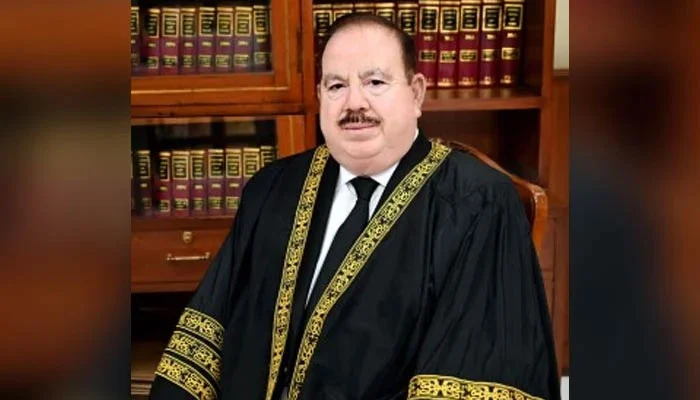In a significant development in the Karsaz Road car accident case, the bail application of the accused involved in the fatal incident was once again rejected by an Additional District and Sessions Judge. The court’s decision came in a case related to drug use, further complicating the legal situation for the accused.
Background of the Incident:
On August 19, 2023, a tragic accident occurred on Karsaz Road, Karachi, where a speeding car driven by a woman hit a motorcycle, crushing and killing a father and daughter. The accident also resulted in injuries to others when the vehicle collided with another car. The case attracted widespread attention due to the severity of the accident and the allegations of drug use.
Legal Proceedings:
The accused, who was behind the wheel during the accident, had already faced legal proceedings for the deaths caused by the collision. Initially, a case was registered against the accused for reckless driving and manslaughter. However, as the investigation progressed, additional charges related to drug use emerged, complicating the case further.
The court proceedings regarding drug use are separate from the vehicular manslaughter case, though they are directly connected to the accident, as it is alleged that the accused was under the influence at the time of the incident.
Court’s Decision on Bail:
In the recent hearing, the court rejected the bail application of the accused in the drug use case. The reasons behind this rejection will be provided in a detailed written order, expected in the coming days. The rejection is significant as it mirrors an earlier decision by Judicial Magistrate Sharqi, who had also denied bail to the accused.
The continuous rejection of the bail application suggests that the court finds merit in the prosecution’s argument that the accused’s actions were not only negligent but potentially influenced by substance abuse. This raises the stakes for the defense, which had earlier secured a pardon from the victims’ family in the vehicular manslaughter case.
Forgiveness by the Victim’s Family:
A crucial element in the case was the victim’s family’s decision to forgive the accused for the accident that took the lives of their loved ones. The wife and sons of the deceased father had submitted an affidavit, formally forgiving the accused for the tragic deaths. This act of forgiveness, based on Islamic principles, led to a legal settlement in the vehicular manslaughter case.
Despite this, the drug use charges remain unresolved. Drug-related charges are treated separately in Pakistan’s legal system and are not subject to the same terms of forgiveness under the country’s laws, meaning the accused still faces significant legal hurdles.
Impact of Drug Use Allegations:
The presence of drug use allegations further complicates the case for the accused. In Pakistan, driving under the influence of drugs or alcohol is a serious offense, often leading to harsh penalties, especially when it results in fatalities. The court’s insistence on keeping the accused in custody may be an indication of the gravity with which it views the allegations of substance abuse.
If the court determines that the accused was indeed under the influence of drugs during the accident, it could lead to more severe consequences, including a longer prison sentence. The legal system in Pakistan takes drug use seriously, particularly in cases where it contributes to fatal accidents.
Public Reaction:
The Karsaz accident case has been widely followed in the media and by the public due to the tragic nature of the event. The deaths of the father and daughter, coupled with the allegations of drug use, have led to outrage, with many calling for stricter penalties for reckless and intoxicated drivers.
However, the victim’s family’s decision to forgive the accused also brought a different perspective to the case, highlighting the cultural and religious values of forgiveness in Pakistan. This act of mercy does not absolve the accused of all charges, but it did bring some closure to the manslaughter case.
As the court continues to deliberate on the drug use charges, the legal fate of the accused remains uncertain. While the family’s forgiveness has resolved one aspect of the case, the allegations of driving under the influence have kept the accused entangled in legal battles. The court’s decision to deny bail indicates the seriousness of these charges, and the coming days will reveal whether the accused will face further penalties for the tragic deaths on Karsaz Road.
This case serves as a reminder of the importance of road safety and the severe consequences of reckless and intoxicated driving. The legal outcome of the drug use case will likely have lasting implications, not only for the accused but also for future road safety enforcement in Pakistan.



